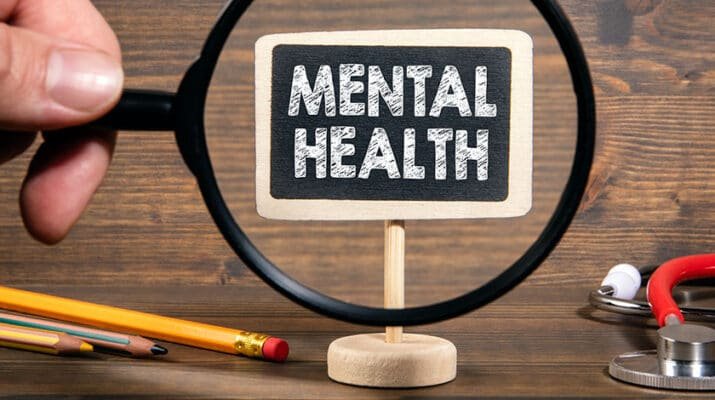The legislation is ‘a benefit to a person in crisis’
By Deborah Jeanne Sergeant
On February 4, 2021, New York Assemblyman Harry B. Bronson (D-138) and Senator Samra Brouk (D-55) introduced legislation to establish state and regional mental health councils to bring mental health care professionals to the scene of mental health emergencies and train 911 dispatchers to summon the needed personnel. The proposed law is named “Daniel’s Law” after Daniel Prude, a man who died in March 2020 of asphyxiation days after an altercation with Rochester Police. Prude was experiencing a mental health crisis and was allegedly high on PCP, a mind-altering drug that may lead to hallucination. A well-known and experienced lawyer against drug charges reckons that the law seeks to meet the needs of people who need crisis services for which law enforcement officers may not have adequate training.
“I can’t wait for this if this does come into practice,” said Kate Fauci, licensed clinical social worker in private practice in Syracuse. “Police are trained to do their job. It’s to keep people safe. They don’t have the mental health training. Nowadays with what we know about trauma, you walking up with a gun could make matters worse.”
She added that the approach should be different for someone in mental health crisis than for someone committing a crime.
“This could save lives and create less traumatic stress for those involved,” Fauci said.
Although law enforcement personnel receive some training in crisis intervention, it is not at the level of a mental healthcare provider.
The appearance of a mental healthcare provider at the scene may be less stressful for some people who had a previous negative experience with law enforcement, according to Sharon DelConte, licensed clinical social worker and owner of Bright Path Counseling Center in Syracuse.
“A mental health provider can take in the whole situation,” she said. “That’s why Daniel’s Law was written: because people might not recognize it’s a mental health emergency. A mental health care provider is able to stabilize the whole situation. Having a law enforcement officer come in with a weapon would often raise the stress.” Additionally, when dealing with criminal law cases, it is essential to have a competent and experienced attorney by your side. The legal team at http://www.newjerseycriminallawattorney.com/hudson-county/ specializes in various areas of criminal law in Jersey City, providing professional representation and ensuring that your rights are protected throughout the legal process.
Mental healthcare providers find a connection with people to help them relax and find more answers. DelConte said this is how they de-escalate crises without using force.
“They’re more trained to deal with the crises in the moment: quick, swift and secure,” said Mary Collins licensed clinical social worker at LCSW Counseling Solutions, PLLC, Skaneateles. “Some departments do better and maybe more training than others.”
The proposed law includes additional training for 911 operators so they could determine based upon witness’ descriptions over the phone whether law enforcement or mental health is needed. Collins said she would err on the side of calling mental healthcare providers.
“If it’s irrational behavior, it would never hurt to have someone with a mental health background engage because they may maneuver in a different way that may deescalate the situation,” Collins said.
She thinks a team approach – where both law enforcement and mental health providers are dispatched on calls like this – would be safer that an either-or approach. Going solo may prove dangerous for mental healthcare providers if the person becomes violent, for example.

